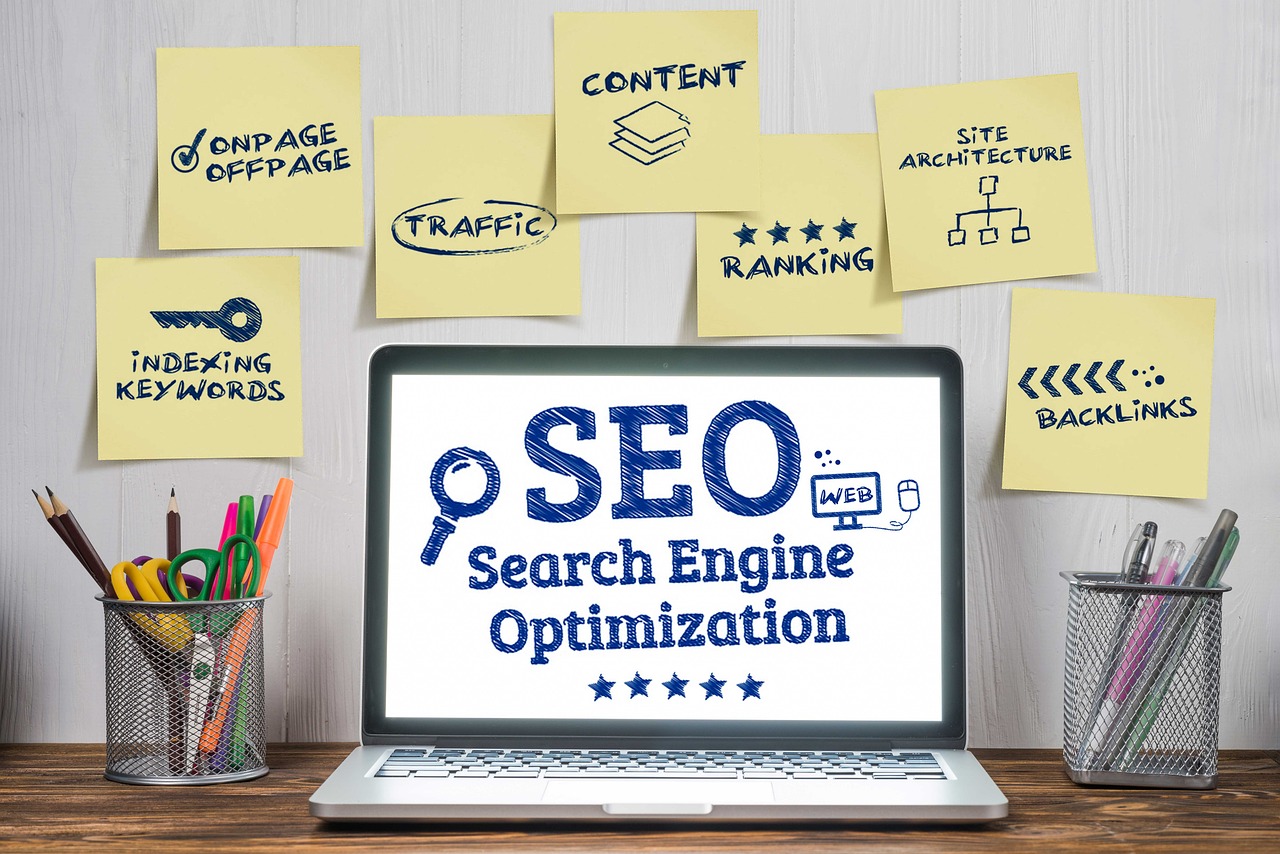In today’s competitive real estate market, having a strong online presence isn’t optional—it’s essential. With most homebuyers beginning their journey online, ranking well in search engine results is critical to connecting with potential clients. This is where real estate SEO becomes indispensable.
What is Real Estate SEO?
Real estate SEO involves optimizing your website and online presence to increase visibility on search engine results pages (SERPs). By applying effective SEO strategies, you can:
- Drive organic traffic to your website.
- Attract more qualified leads.
- Establish a stronger foothold in your local real estate market.
SEO is a long-term investment, but its rewards in building trust and generating leads make it a crucial tool for real estate professionals.
1. Optimizing Website Content for Real Estate SEO
Your website is the cornerstone of your online presence. To ensure it performs well, focus on website content optimization:
- Target Specific Keywords: Every page should include targeted keywords such as “homes for sale in [city]” or “real estate agent in [neighborhood].”
- Provide Valuable Content: Create neighborhood guides, market reports, home-buying tips, and other resources that address your audience’s needs.
- Enhance Navigation: A well-structured website with intuitive navigation improves user experience and encourages visitors to explore further.
For inspiration, check out Moz’s guide on on-page SEO.
Bonus Tip:
Consistently publishing high-quality content establishes you as an authority in your local market. Consider starting a blog to share insights on real estate trends, tips, and news.
2. Optimizing Meta Tags for Better Visibility
Meta tags are essential for signaling a page’s relevance to search engines. Here’s how to optimize them:
- Title Tags: Include keywords and keep them concise. Example: “Homes for Sale in Miami – Your Local Real Estate Expert.”
- Meta Descriptions: Write a compelling summary that includes your target keywords and encourages clicks. Example: “Find your dream home in Miami with expert advice and the latest listings.”
- Header Tags: Structure your content logically with H1, H2, and H3 tags. This not only aids SEO but also improves readability.
For more guidance on optimizing meta tags, explore Google’s SEO Starter Guide.
3. Maximizing Your Local Listings
Local SEO is a critical component of real estate SEO. Websites like Google My Business, Zillow, and Yelp are often the first touchpoints for potential clients.
Steps to Optimize Local Listings:
- Consistent Business Information: Ensure your name, address, phone number, and website URL are identical across all platforms.
- Positive Reviews: Encourage satisfied clients to leave glowing reviews. Reviews significantly impact rankings and user trust.
- High-Quality Photos: Showcase your listings with professional images to draw more attention.
For a detailed guide on optimizing local listings, visit BrightLocal.
Final Thoughts
Mastering real estate SEO isn’t just about ranking higher on Google—it’s about connecting with your audience in meaningful ways. By optimizing your website content, meta tags, and local listings, you can boost visibility, attract more leads, and grow your real estate business.
Start with small changes and measure their impact. Over time, these efforts will compound, making your real estate website a magnet for homebuyers and sellers alike.





